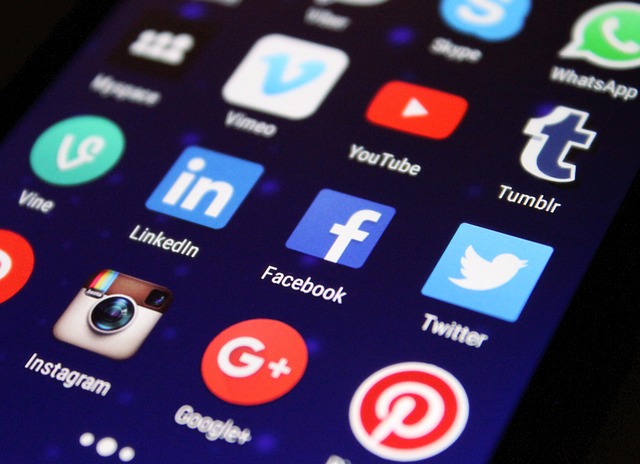In our hyper-connected world, social media has woven itself into the fabric of daily life. While platforms like Facebook, Instagram, and Twitter facilitate communication and connection, a darker narrative lurks beneath the surface. The phenomenon of social media addiction has become increasingly prevalent, impacting not only individuals but society as a whole.
Social media measurement is an intriguing concept; it often revolves around likes, shares, and followers. Yet, what’s less tangible is the emotional toll it can take on users. The constant comparison to others’ highlight reels can breed feelings of inadequacy, anxiety, and depression. Users may find themselves scrolling endlessly, seeking validation from a world that seems to demand perfection, all while sacrificing real-life interactions and experiences.
The impact of social media extends beyond mental health concerns. Adolescents and young adults, in particular, are in a critical phase of identity development. Instead of fostering genuine relationships, many search for acceptance in the form of social media engagement. This shift reshapes social norms, steering conversations, values, and self-worth toward futile metrics. As the need for validation intensifies, meaningful relationships often deteriorate; many users now measure their worth through the lens of social media engagement rather than personal connection.
Moreover, the addictive nature of these platforms can lead to distorted realities. The algorithms driving engagement often prioritize sensationalized content. This results in echo chambers where misinformation spreads, further polarizing society. Users may become trapped in cycles of negativity and conflict, resorting to extreme opinions as they seek affirmation from like-minded individuals.
As the effects of social media addiction ripple through communities, misunderstandings arise and division deepens. With so much emphasis on online personas, genuine dialogue suffers. The ease of communication online often comes with a decrease in empathy and understanding in face-to-face interactions. In many ways, society has traded understanding for virtual applause, losing sight of what truly connects us as humans.
Recognizing the shadows cast by social media addiction is the first step toward reclaiming a healthier relationship with technology. By focusing on genuine interactions and moderating usage, individuals can mitigate the adverse effects on their mental health and social well-being. Understanding and addressing social media measurement’s misleading metrics may empower users to seek validation that comes from self-acceptance rather than the approval of their online peers.



